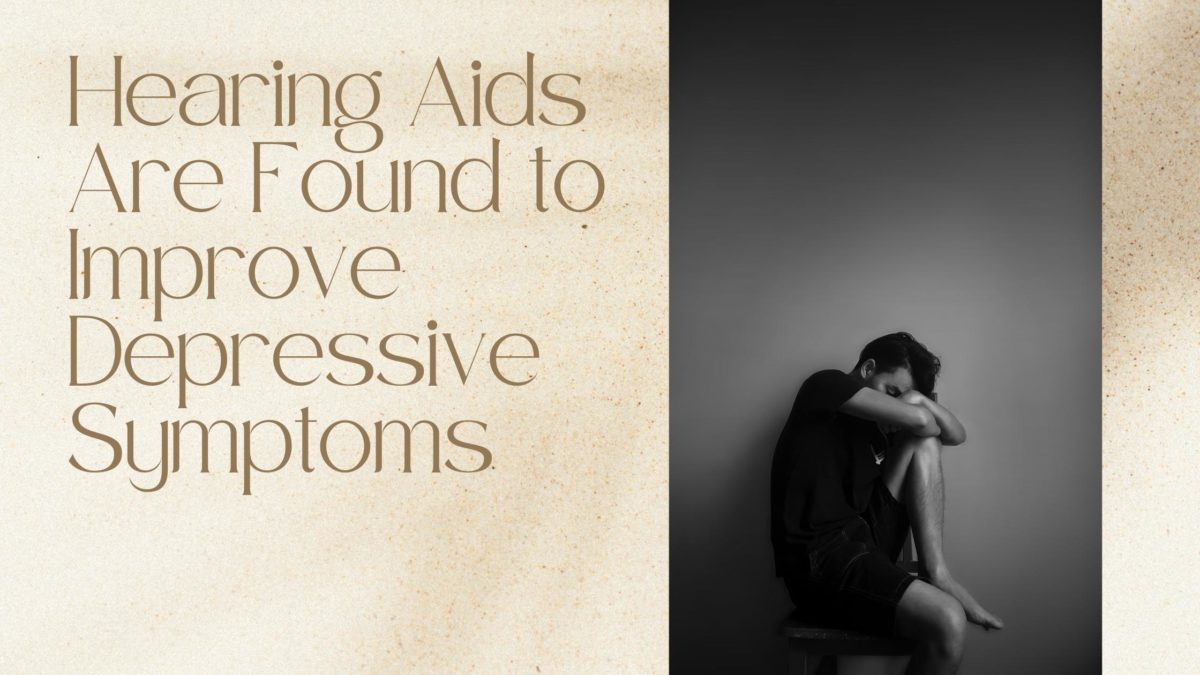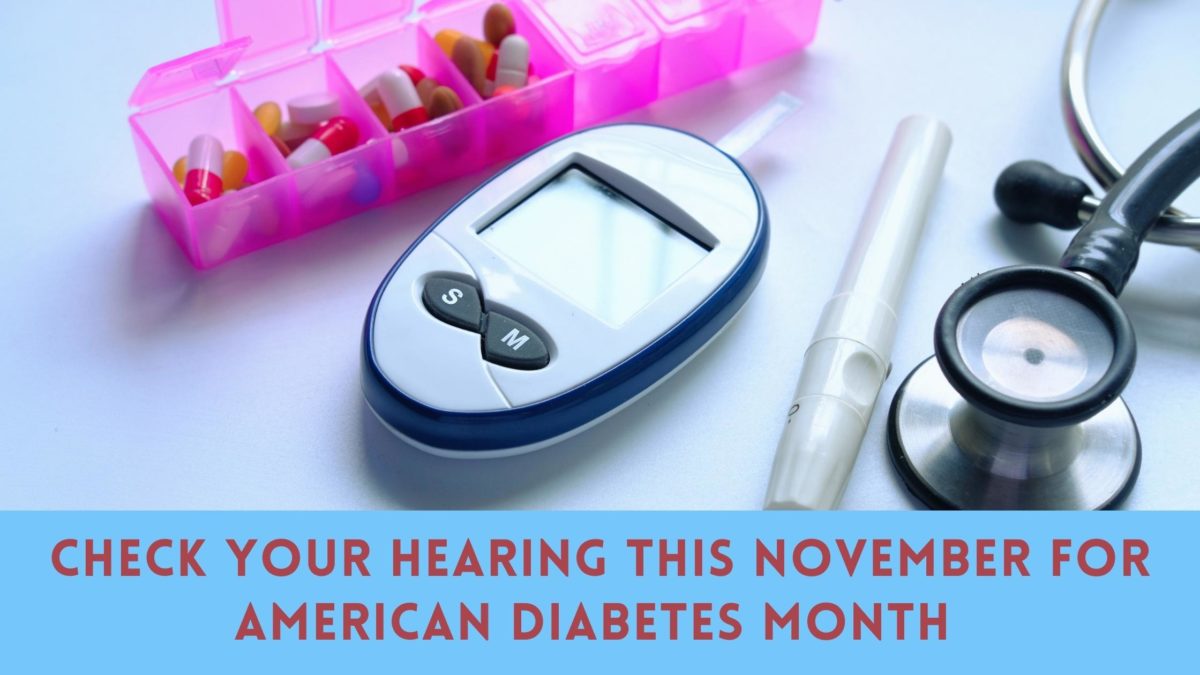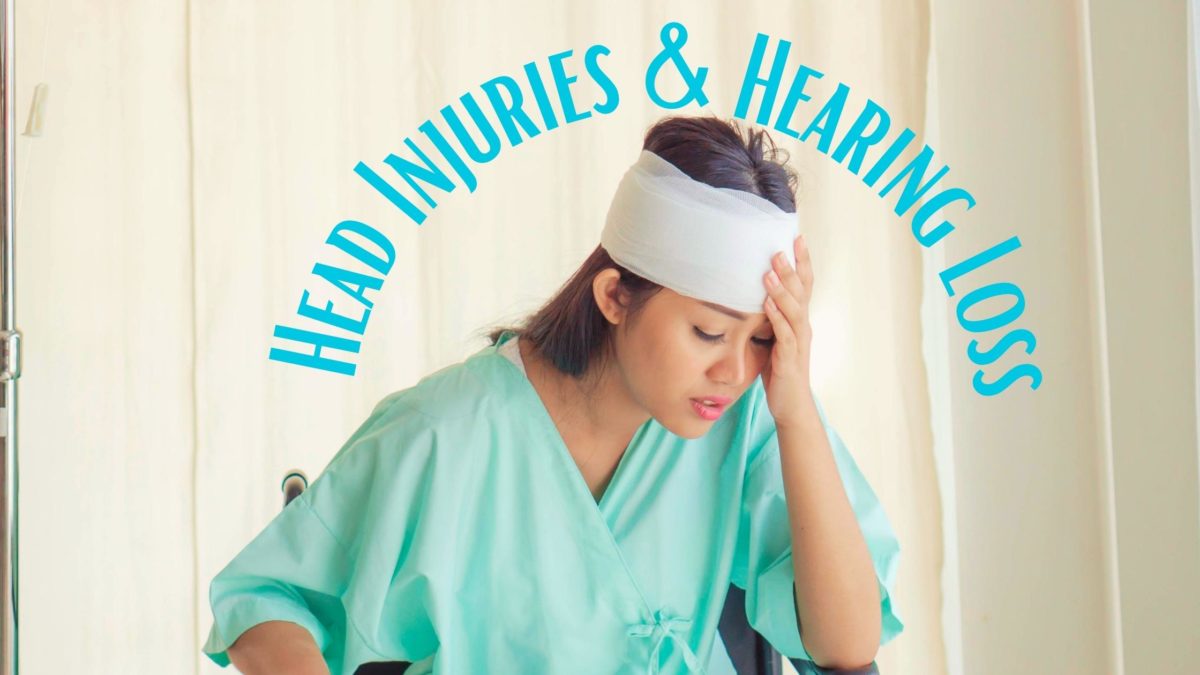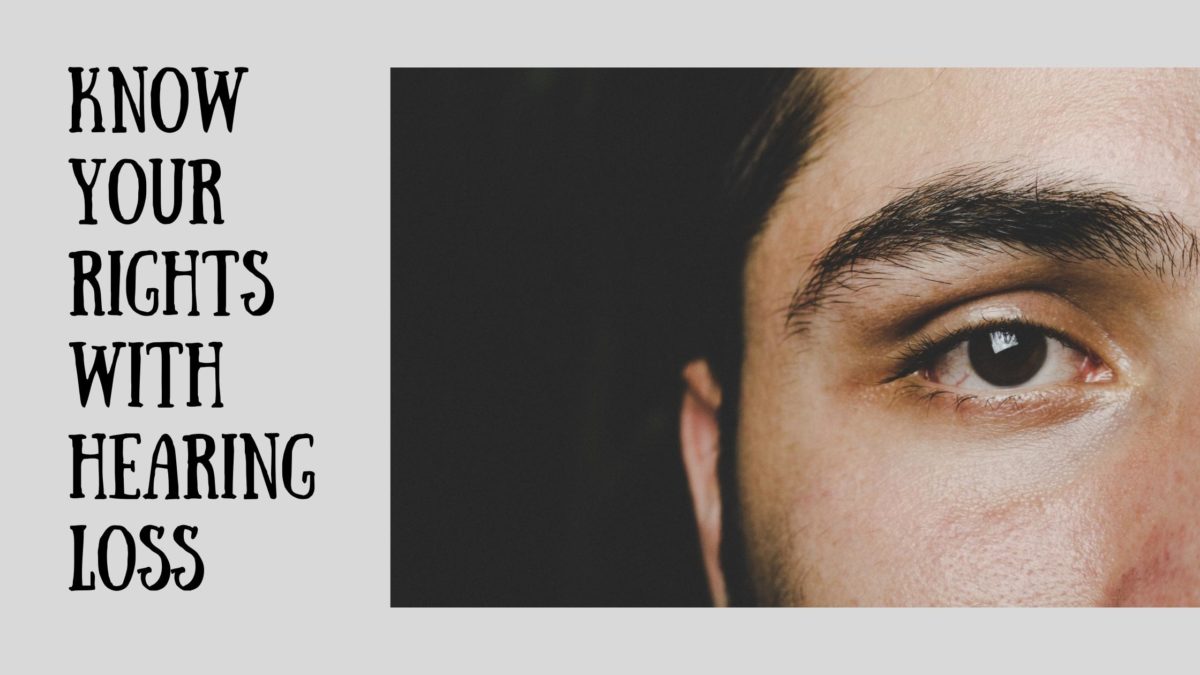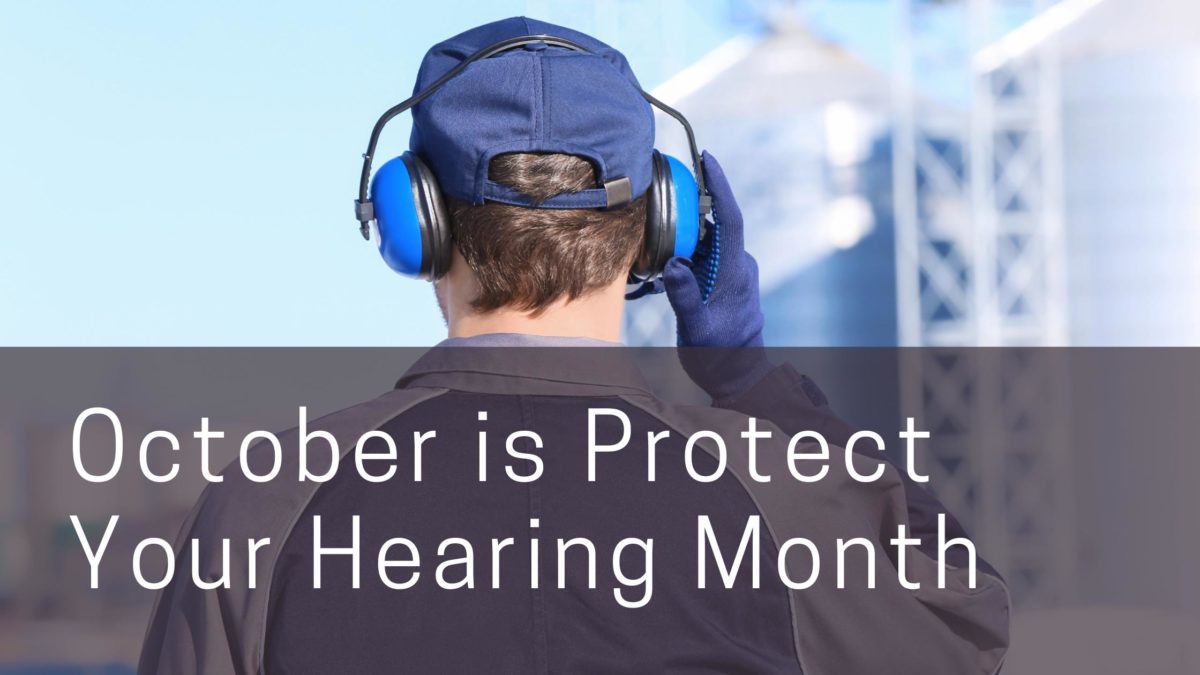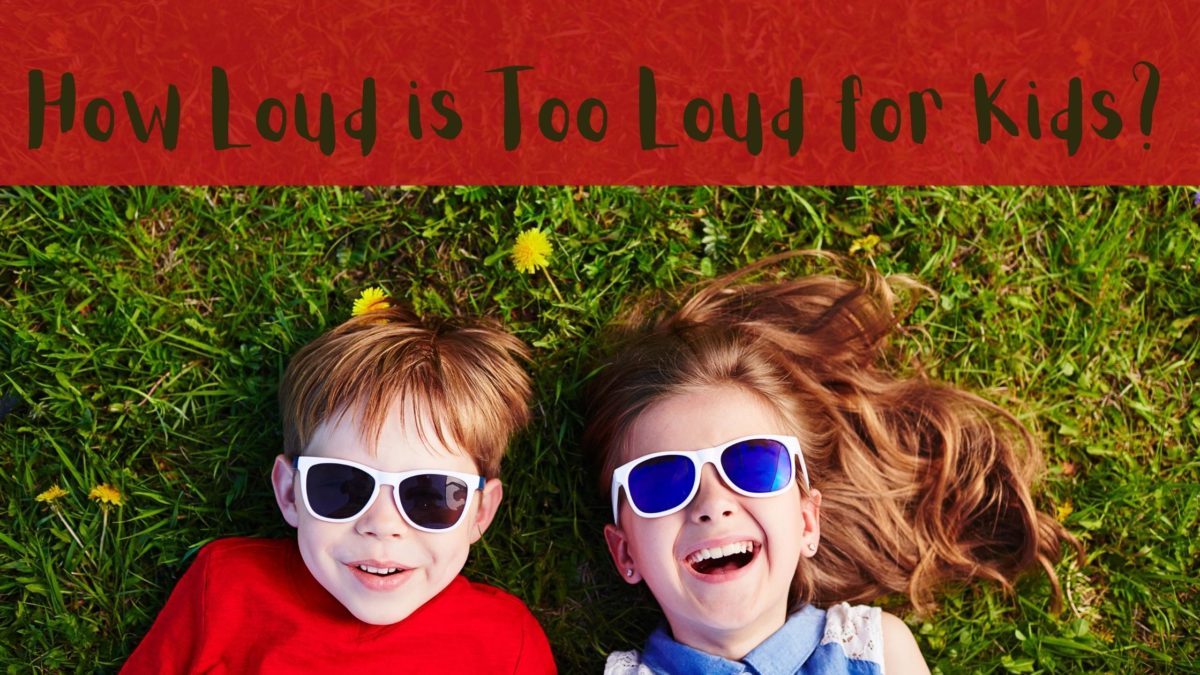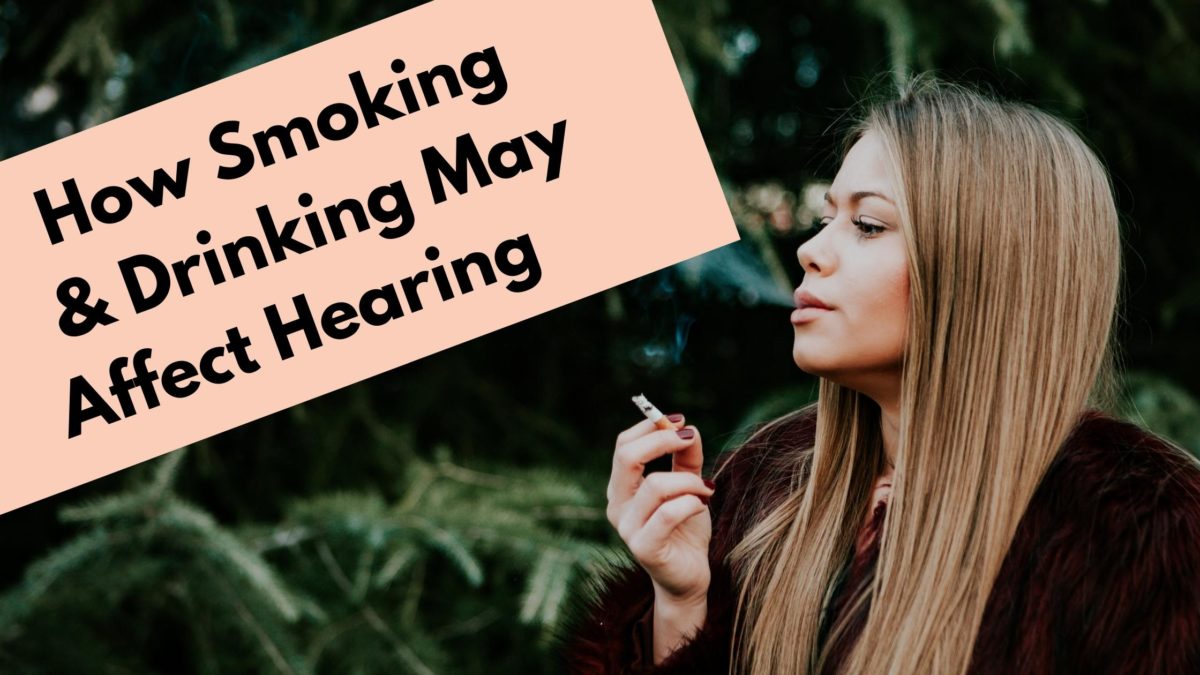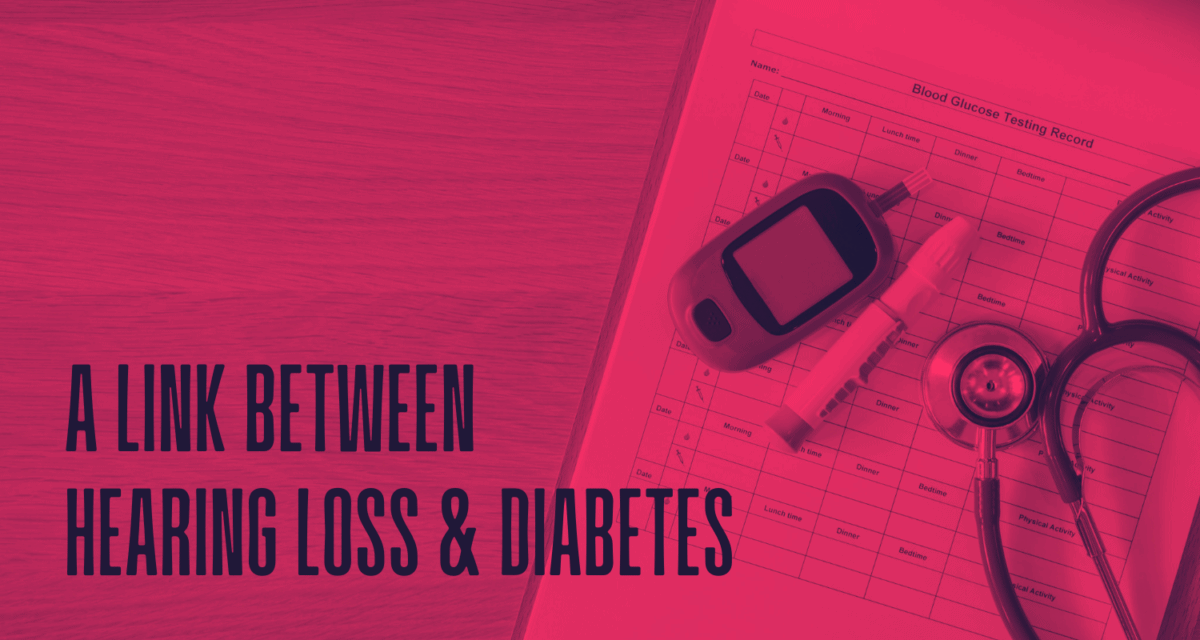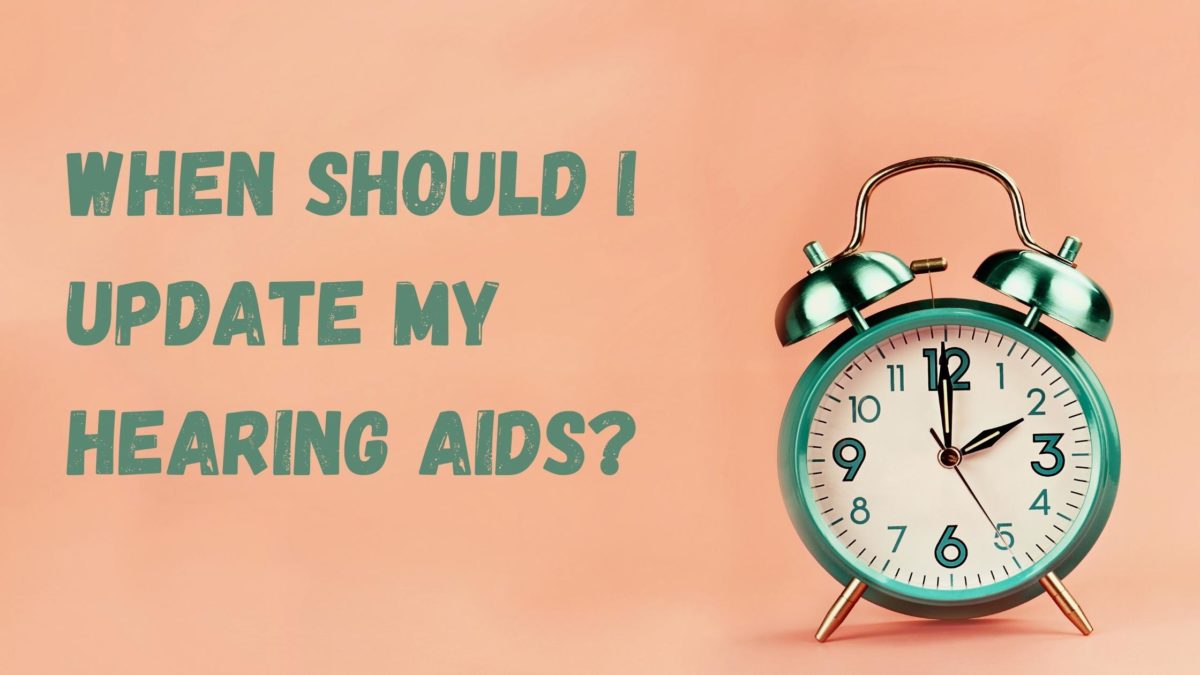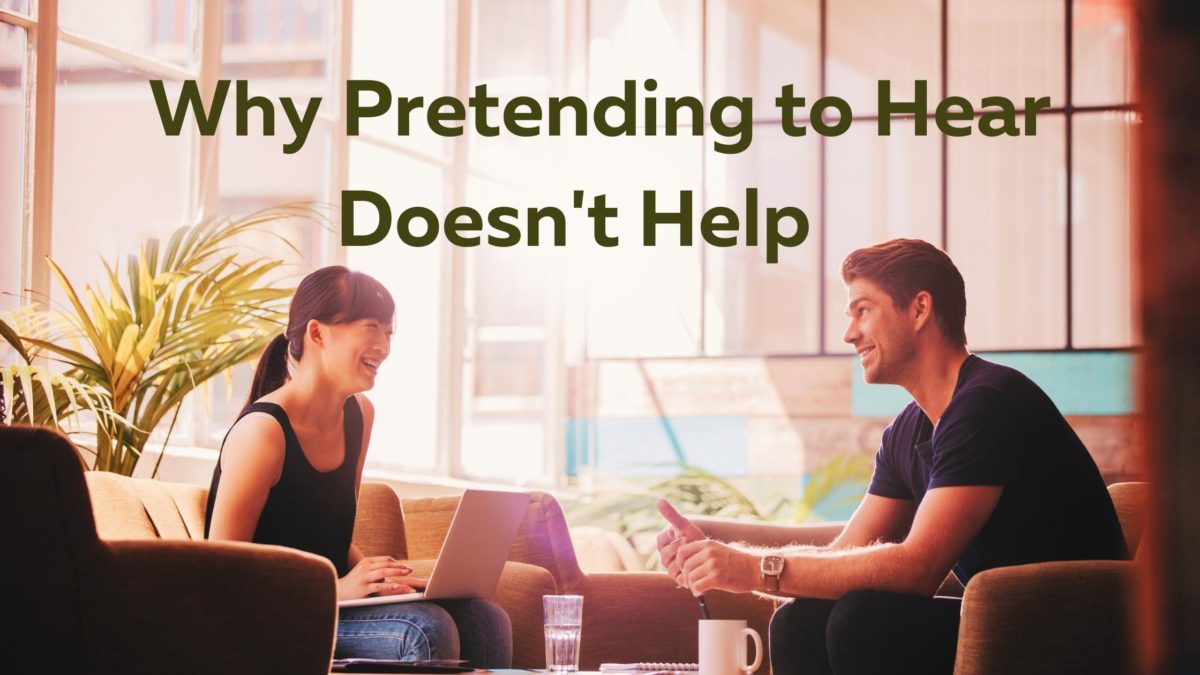Hearing loss impacts millions throughout the United States. With more than one in eight people over the age of 12 demonstrating hearing loss in both ears, we can count the number of those living with hearing loss well into the tens of millions. Along with having difficulty hearing, people with hearing loss often face other negative mental, emotional, and physical …
Check Your Hearing This November for American Diabetes Month
Your medical professional probably screens for diabetes at your yearly physical. This is a standard procedure because of the high rates of diabetes within the United States, with more than one in ten persons in this country qualifying as diabetic. However, it’s less likely that you’ve had a hearing exam within the past five years. And yet, hearing loss …
Head Injuries & Hearing Loss
It might surprise you to learn that hearing health professionals are vitally important in the follow-up treatment and care for traumatic brain injuries (TBI). This is because injuries of this type often result in hearing loss as well as vestibular and central auditory problems. A traumatic brain injury is defined as a blow to the head, specifically with great force …
Know Your Rights with Hearing Loss
For many decades, advocates have fought for the rights of people with different abilities. Not too long ago, existing as a person with hearing loss would have meant being a ward of the state or a person without the full rights of citizenship. In 1880, the National Association of the Deaf was established in the United States. They formed …
October is Protect Your Hearing Month
After declining somewhat in the past few decades, noise-induced hearing loss (NIHL) is on the rise again. About 10% of Millennials and 17% of Gen-Z have NIHL—a troubling statistic, especially considering that Gen-Z is younger, yet has more hearing loss. October is Protect Your Hearing Month, so we wish to share some information about NIHL, its causes, and how to …
How Loud is Too Loud for Kids?
The World Health Organization (WHO) has launched a campaign to bring awareness to a lurking danger for our youth. Instances of hearing loss are appearing in people younger and younger throughout the world. Experts are concerned about the rising volumes of cinemas, concerts, sporting events and earbuds connected to personal devices. The international advocacy and research organization estimates that a …
How Smoking & Drinking May Affect Hearing
To say the least, using tobacco and alcohol over long periods of time brings a wealth of undesirable health complications. Often, the results are far more dramatic and even fatal. One in five deaths can be linked to smoking each year in the United States, according to the Centers for Disease Control and Prevention (CDC). Nicotine use can cause cancer …
A Link between Hearing Loss & Diabetes
If you’re one of the 30 million Americans with diabetes, you should be aware that your hearing needs to be carefully monitored. According to research, people with diabetes are more than twice as likely as non-diabetics to experience hearing loss. As a result, it’s critical to keep a close eye on your hearing. Get regular hearing tests at Worth Hearing …
When Should I Update My Hearing Aids
If any of these factors apply to you, you may need to upgrade your hearing aids. At our practice, we want to help you stay involved, attentive, and active, so we’re pleased to talk about any life changes that might indicate a hearing aid upgrade is on the way. Call now to set up a consultation! If you’re on the …
Why Pretending to Hear Doesn’t Help
We’ve all done it. A smile and a nod in response to something said by the person we’re in conversation with, rather than saying ‘what?’ again or admitting we didn’t hear what they said. People with healthy hearing do this all the time, too! And although that can be a successful strategy to minimize uncomfortable feelings in the moment, it’s …

